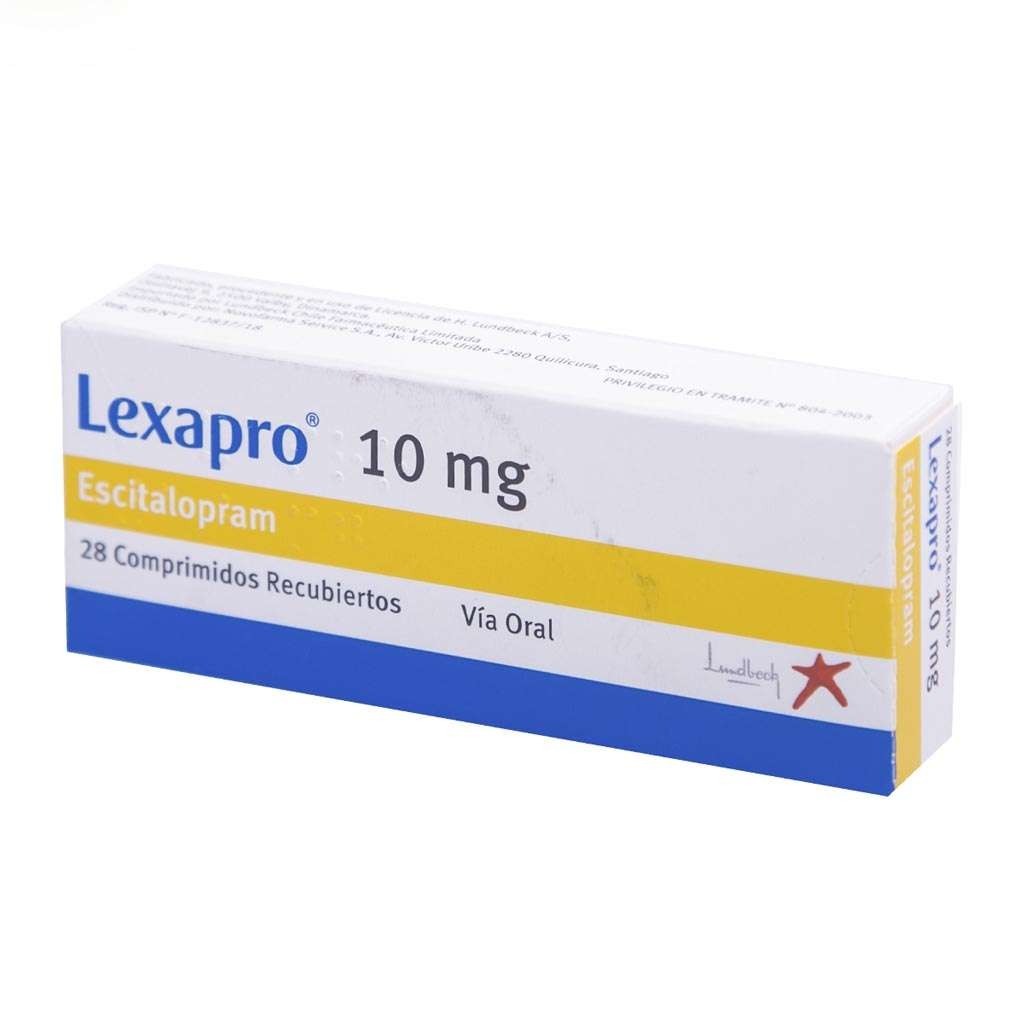
Contents
Lexapro vs. Ativan
Lexapro is a selective serotonin reuptake inhibitor (SSRI) antidepressant used to treat depression and generalized anxiety disorder. Other SSRIs include Celexa, Prozac, Paxil, and Zoloft. Lexapro prevents the reuptake of serotonin, increasing serotonin levels in the brain. Depression is believed to be caused by an imbalance of neurotransmitters.
Ativan is a benzodiazepine used to treat anxiety. It is also used for insomnia, panic attacks, preventing nausea from chemotherapy, sedation before anesthesia, alcohol withdrawal, and seizures. Other benzodiazepines include Valium, Xanax, Klonopin, and Dalmane.
Side Effects of Lexapro and Ativan
Lexapro
Common side effects of Lexapro include:
- Agitation or restlessness
- Blurred vision
- Diarrhea
- Difficulty sleeping
- Drowsiness
- Dry mouth
- Fever
- Frequent urination
- Headache
- Indigestion
- Nausea
- Changes in appetite
- Sweating
- Sexual difficulties
- Taste alterations
- Tremor
- Weight changes
Antidepressants may increase the risk of suicidal thinking and behavior in children and adolescents. Close observation is necessary when starting antidepressant therapy. Other side effects of Lexapro include influenza-like symptoms and neck or shoulder pain. Sexual side effects, including difficulty ejaculating, may occur in some men.
Possible serious side effects of Lexapro include serotonin syndrome, abnormal bleeding, seizures, manic episodes, confusion, high fever, slurred speech, muscle rigidity, low sodium, and angle closure glaucoma.
WARNING
Some patients experience withdrawal reactions when stopping SSRI therapy. These symptoms can include dizziness, tingling, tiredness, vivid dreams, irritability, or poor mood. To avoid these symptoms, the SSRI dose should be gradually reduced.
Ativan
The most common side effects of Ativan include:
Other side effects include a feeling of depression, amnesia, loss of orientation, headache, and sleep disturbance.
Possible serious side effects of Ativan include extrapyramidal symptoms, respiratory depression, suicidal ideation/attempts, seizures, and depression.
WARNING
Ativan and other benzodiazepines can cause physical dependence. Abruptly stopping therapy after long-term use may result in withdrawal symptoms such as feelings of worthlessness, agitation, and insomnia. Seizures, tremors, muscle cramping, vomiting, and sweating may occur if Ativan is stopped suddenly after continuous use for more than a few months.
Dosage of Lexapro vs. Ativan
Lexapro
- The usual starting dose of Lexapro for depression in adults or adolescents is 10 mg once daily, which may be increased to 20 mg once daily after 3 weeks.
- Benefit may not be seen for up to 4 weeks. A daily dose of 20 mg may not be more effective than 10 mg for depression treatment.
- The dose for generalized anxiety disorder is 10 mg once daily.
- Lexapro can be taken with or without food.
Ativan
- The dose of Ativan is individualized.
- The usual dose for anxiety is 2-6 mg orally every 8 to 12 hours as needed.
- Insomnia is treated with 2-4 mg at bedtime.
QUESTION
Drug Interactions with Lexapro and Ativan
Lexapro
- Lexapro should not be combined with MAO inhibitors or other drugs that increase serotonin levels, as this may lead to serious reactions.
- Selective serotonin inhibitors increase the risk of gastrointestinal bleeding when taken with drugs that cause bleeding.
Ativan
- Ativan and other benzodiazepines enhance the effects of drugs that slow brain activity, such as alcohol and tranquilizers, resulting in excess sedation.
Safety of Lexapro and Ativan During Pregnancy or Breastfeeding
Lexapro
- The safety of Lexapro during pregnancy and breastfeeding is unknown. The benefits must outweigh the potential risks.
- Lexapro is excreted in breast milk and should be used cautiously during breastfeeding.
Ativan
- Ativan has been associated with fetal damage when used in the first trimester of pregnancy. Its use during pregnancy should be avoided if possible.
- Ativan is excreted in breast milk and should be avoided during breastfeeding.
Summary
Lexapro and Ativan are both used to treat anxiety, but Lexapro is also used to treat depression. Ativan has additional uses for insomnia, panic attacks, preventing nausea and vomiting from chemotherapy, sedation before anesthesia, alcohol withdrawal, and seizures. Lexapro and Ativan belong to different drug classes.
Lexapro and Ativan are both used to treat anxiety, but Lexapro is also used to treat depression. Ativan has additional uses for insomnia, panic attacks, preventing nausea and vomiting from chemotherapy, sedation before anesthesia, alcohol withdrawal, and seizures. Lexapro and Ativan belong to different drug classes.


